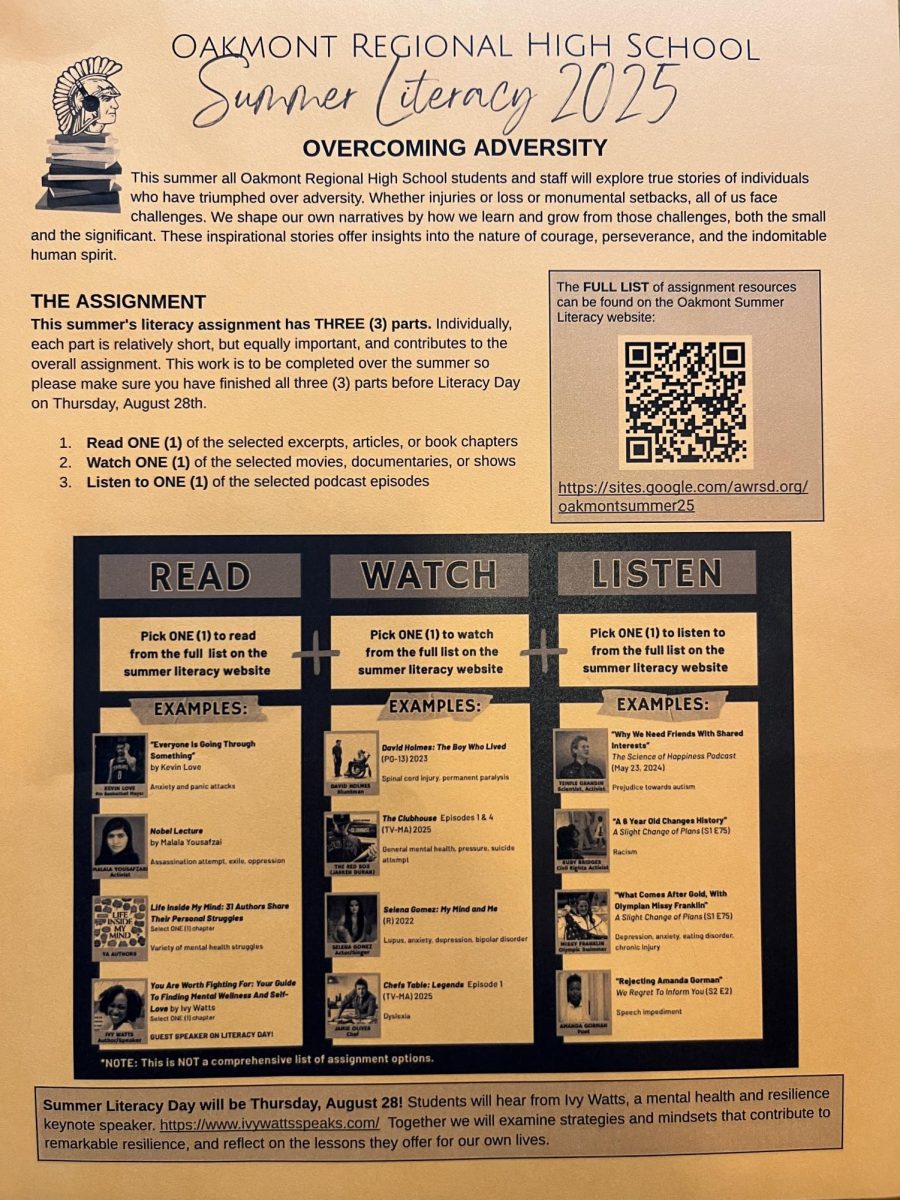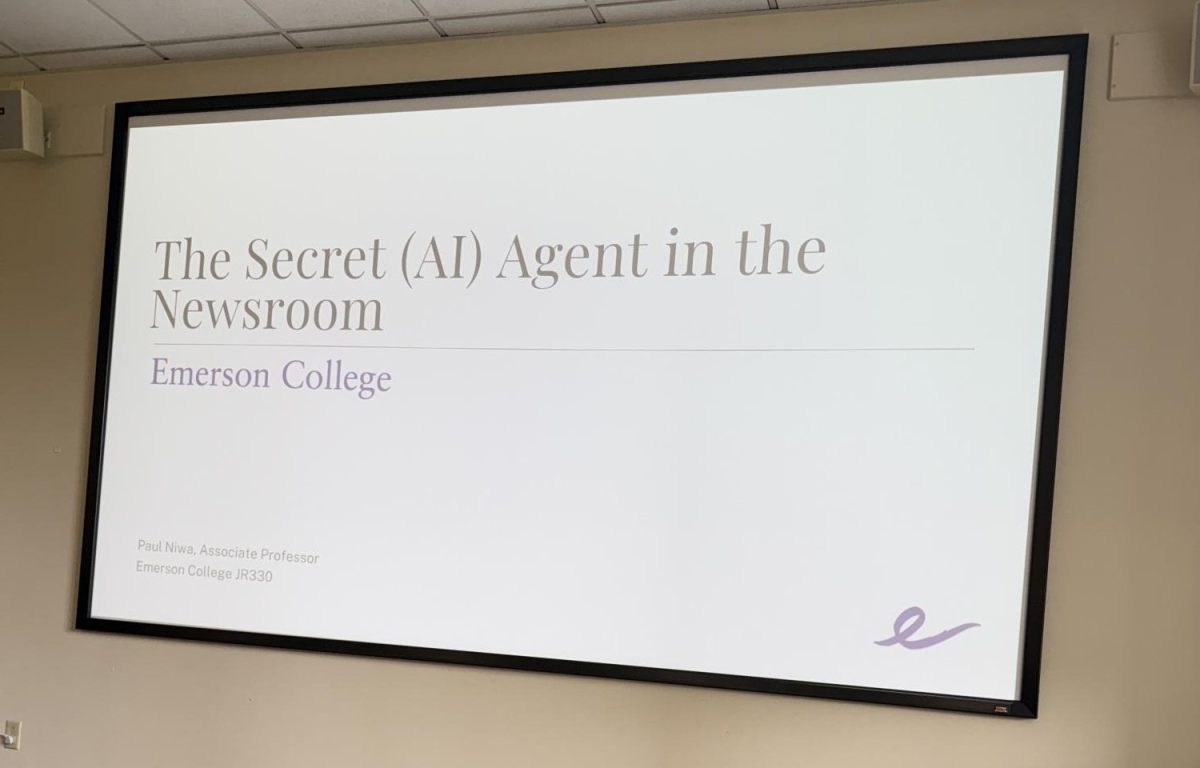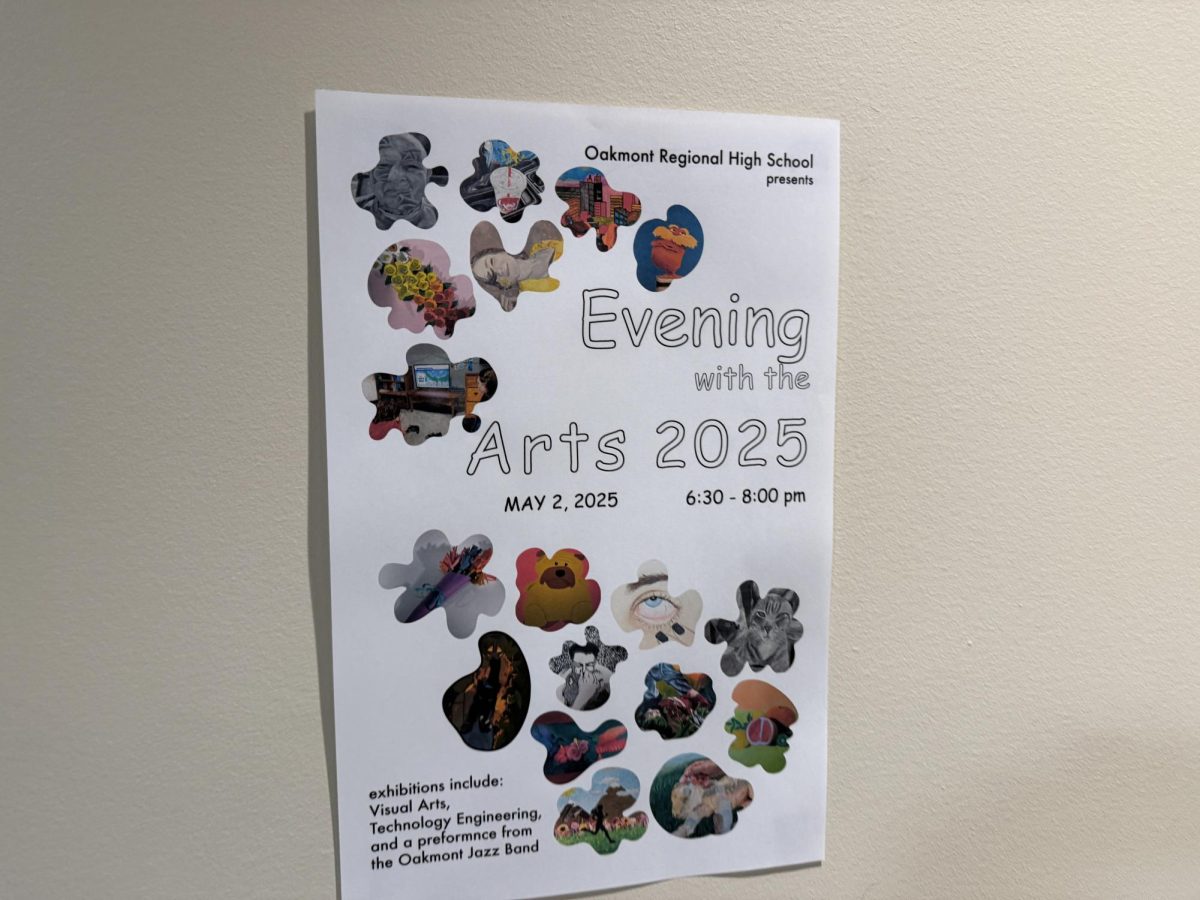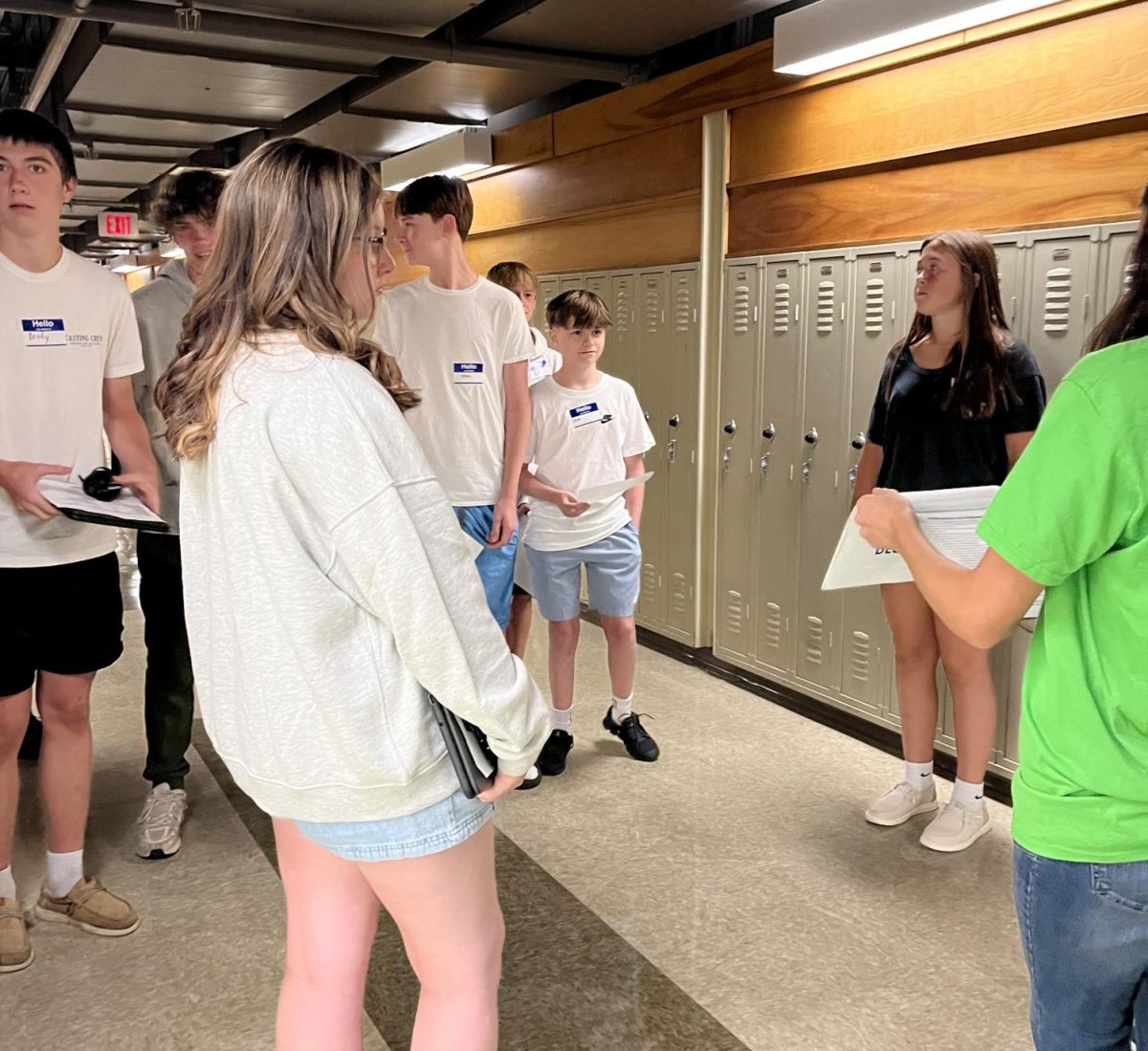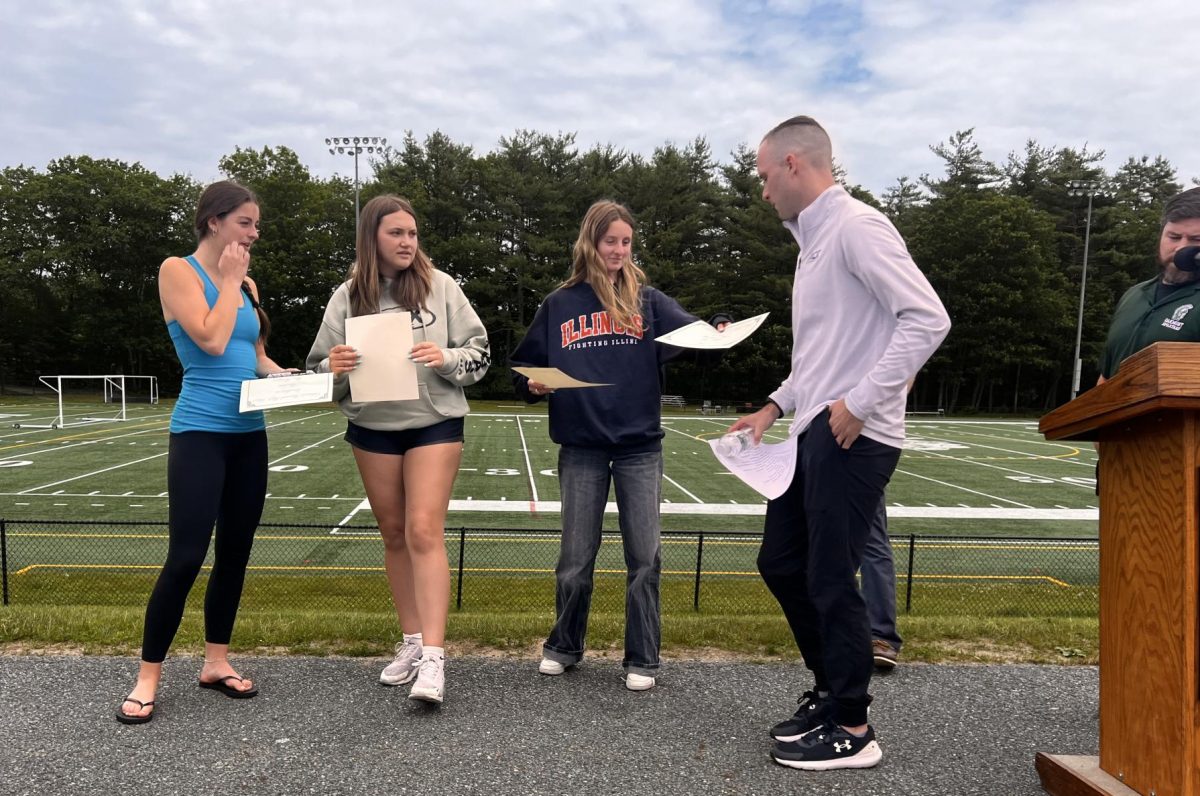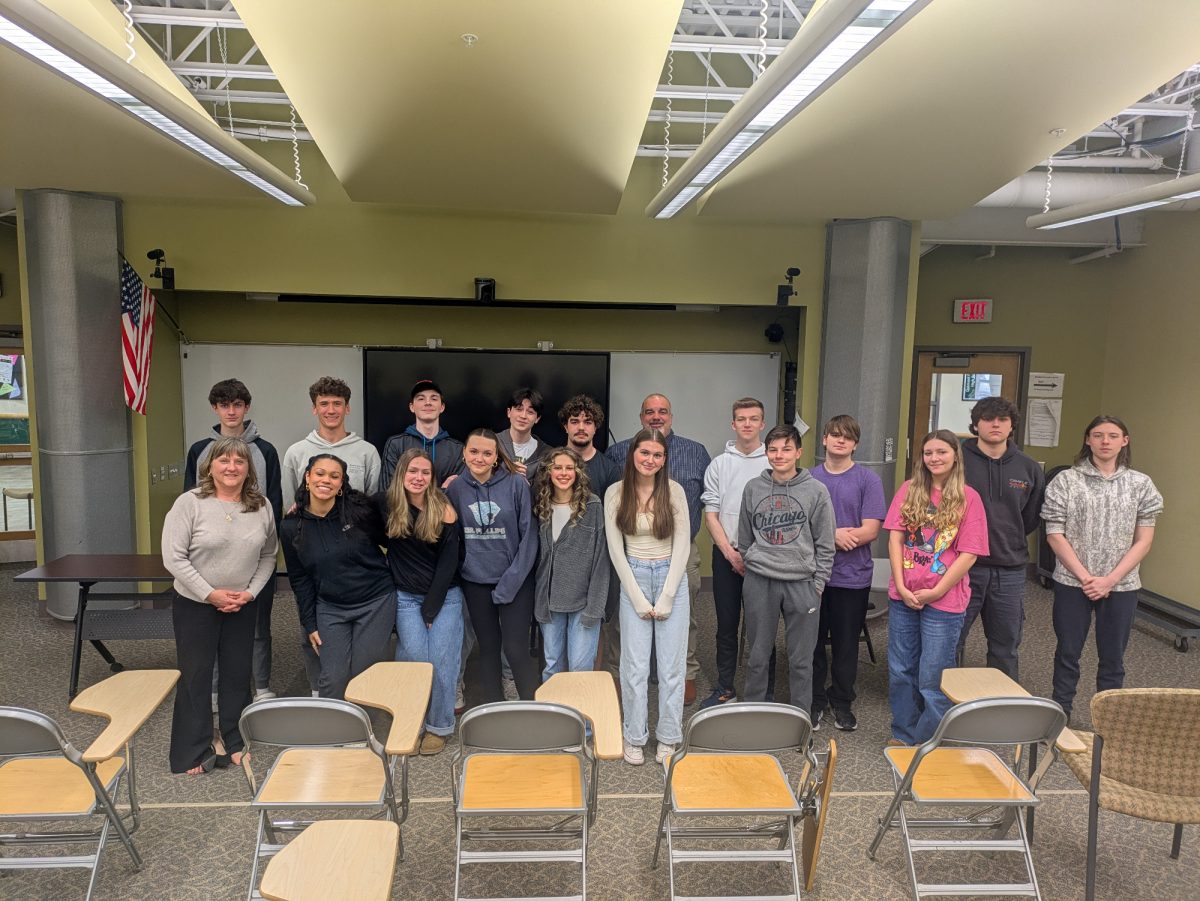Teaching is easily one of the most important professions. Educators are role models for younger generations; they show their students how to act and prepare them to enter the real world. Educators teach kids how to be respectful and responsible and show them useful life skills. Essentially, we wouldn’t have an organized society without them.
So what happens when all of them start quitting?
This is exactly what countless districts across the country are dealing with. Teachers of all ages and backgrounds are calling it quits, for a variety of reasons. Some of the obstacles that are most to blame include the aftermath of the COVID pandemic, feeling burnt-out, compensation, and rising school violence.
Quittings peaked a couple of months after the COVID-19 pandemic in August 2020, according to an article from CNN, and according to an article from Devlin Peck, 86 percent of National Education Association members have been seeing more teachers leave in the aftermath of COVID. With some schools going remote or switching to a hybrid schedule, it was an extremely confusing time for students, let alone the teachers who were expected to adapt so quickly.
Workloads are another issue in the teaching profession. According to a study done by McKinsey and Company, “Nearly 75 percent of respondents who cite expectations as a top reason they plan to leave say they have too much work to do each day and that there aren’t enough teachers to carry the workload.” Many teachers have families of their own, and they don’t have time to juggle everything that’s expected of them.
Without a doubt, compensation is the number one reason why teachers are choosing to quit. The same study said, “Approximately 75 percent of educators in this category say they put more into their jobs than they receive in return, and 69 percent feel that their total compensation – including base salary and bonuses – does not reflect their qualifications and efforts”(McKinsey).
In the back of teachers’ minds are safety concerns too, with violent incidents in schools consistently on the rise. According to an article on Axios, “more than 1,000 incidents involving firearms have shaken America’s schools since 2018 – a dramatic increase over any similar period since at least 1970”(Doherty). The extreme rise has caused nervousness among teachers especially, those who feel an intense obligation to protect their students, no matter what.
Oakmont is no stranger to this turnover either. At the end of the 2022-2023 school year, the school welcomed 15 new staff members, according to Principal Lizotte. Mostly classroom teachers, but administrative staff positions have also needed new hires. Oakmont has a new vice principal this year; this is the second year in a row that a new vice principal has come in. There is also a school counselor new to Oakmont this year. Four teachers are new to the math department alone.
Of course, there’s an obvious solution to the problem: Just hire more teachers. I mean, that’s what always happens. Someone leaves a job and the spot opens, people apply and get interviewed if the boss likes what they see, and then there are interviews, paperwork, etc. Eventually, someone will get hired, right?
That’s the other problem.
Not only are teachers quitting their jobs, but fewer people are applying for teaching positions. This could lead to gaps in schools or, if they can find someone, potentially underqualified candidates fill the position. Not only could underqualified teachers be stressed and confused when thrown into the classroom environment, but their lack of knowledge could also lead to students not getting the proper resources they need to succeed.
According to a report from The American Association of Colleges for Teacher Education, the number of bachelor’s degrees obtained in education declined by 22 percent between 2005-06 and 2018-19; “at the same time, the total number of bachelor’s degrees conferred in all fields rose by 29 percent.” This is an alarming fact: even though more people are getting degrees and furthering their education, fewer people want to help others further theirs.
The lack of educators in our schools is anything but a joke. Something needs to be done: the problem is, no one knows exactly what. A little extra pay and a little more respect would probably help because honestly, teachers deserve all the respect they can get. They deal with every mood, every question, and every snide comment kids throw at them, and they teach kids how to be better versions of themselves. What on earth would we do without them?
Hopefully, we won’t have to find out.









